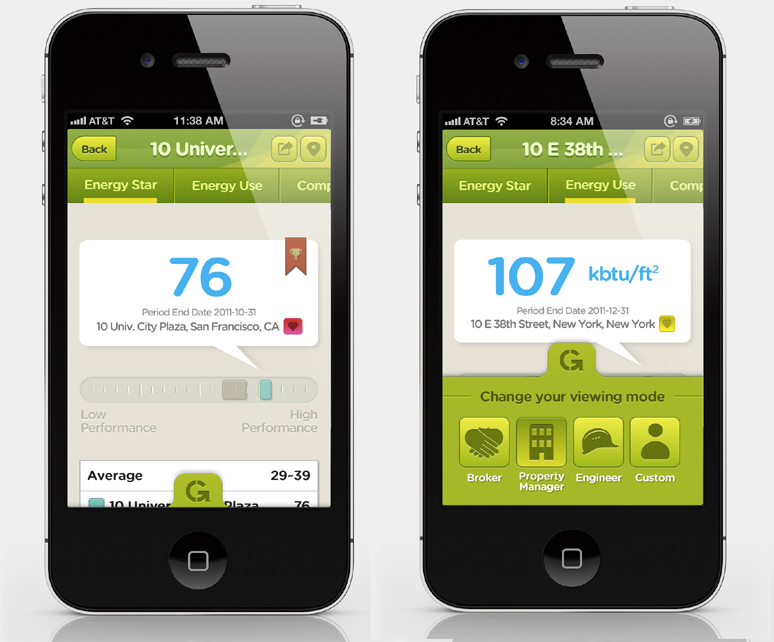Who says games are just for kids? People of all ages enjoy playing games in their free time. However, games are quickly becoming a must have in the toolbox of sustainability leaders across the globe. In fact, experts and practitioners around the world are coining gamification as the most disruptive force to engagement since the emergence of social media.
Traditionally defined, gamification is the use of various game based mechanics such as the accumulation of points, awarding of badges, issuing of challenges and development of leader-boards. A traditional example includes existing loyalty programs such as the airline frequent flyer programs where participants accumulate points that are redeemable for various “prizes” but are also rewarded handsomely via lounge access, priority boarding etc. when a certain points level is achieved.
With the proliferation of social media, smart phones, tablets and other devices, leading organizations across the globe have realized that leveraging the concept of gamification to engage employees, suppliers and other stakeholders in Green and Sustainability can lead to some epic wins.
Take the Partners in Project Green “People Power Challenge” for example. Companies in the GTA sign up to participate in this year long challenge. Participating companies are awarded points for completing tasks across 3 categories in 3 different challenges related to Energy, Waste and Water. A live leader-board shows which organizations are currently “winning” and at the end of the game, the leaders in each challenge along with an overall leader receive cash prizes to go towards a green initiative suggested by an employee during the game. The result is a win-win for all involved as companies drive employee engagement and awareness, receive innovative ideas for projects, have the opportunity to raise capital for green projects, not to mention the accelerated reduction in environmental impact across the area from implemented initiatives. Although just recently launched, the overwhelming success of this program to date shows just how much interest there is for gaming and the wins that come from this approach.
With over 500 million gamers in the world spending hours per week playing games, harnessing this gamer power to drive corporate sustainability programs is a sure fire way to take Green and Sustainability programs to the next level. Here are a few gaming ideas that can be launched at any organization:
1. Carpooling Game: Set up a carpooling board or web page that connect employees and match up carpooling routes to encourage carpooling to and from work with points awarded based on distance travelled, trips taken etc.
2. Acts of Green: Similar to the CBC’s Million Acts of Green, companies can set up a game where employees are awarded points for completing acts of green at work or home.
3. Pay it Forward: Looking at Social Sustainability, design a game that awards employees for completing random acts of kindness for colleagues or even strangers.
4. Biggest Loser: Award employees points based on “losing” waste from their desk, area, department etc. with the winner(s) receiving prizes or awards for their accomplishments.
Gaming is an emerging, immensely powerful tool for helping organizations overcome the challenge of engaging employees in green and sustainability. Harnessing this power will drive sustainability programs to the next level resulting in an increased ability to compete and win in the new economy.











